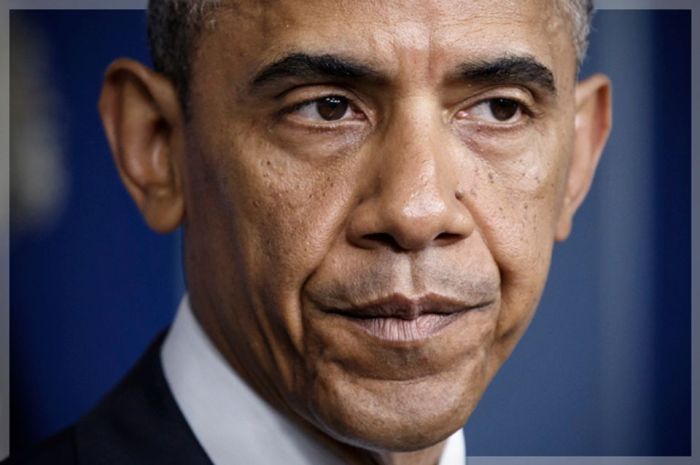An obstruction to professionalism could be – Unprofessionalism, a prevalent obstruction in the workplace, undermines productivity and fosters a toxic work environment. This comprehensive exploration delves into the various types, causes, and consequences of unprofessional behavior, providing valuable insights and strategies for overcoming these challenges.
From inappropriate conduct to communication breakdowns, the manifestations of unprofessionalism are diverse and far-reaching. Understanding the underlying factors that contribute to such behavior is crucial for addressing and preventing its detrimental effects.
Types of Obstructions to Professionalism

Professionalism in the workplace is essential for maintaining a positive and productive environment. However, there are numerous actions, behaviors, and attitudes that can obstruct professionalism, negatively impacting workplace dynamics and hindering productivity.
Some common obstructions to professionalism include:
- Disrespectful or unprofessional communication:This includes using offensive language, interrupting others, or engaging in personal attacks.
- Inappropriate behavior:This can range from dress code violations to engaging in disruptive or distracting activities.
- Lack of punctuality or reliability:Consistently being late for meetings or failing to meet deadlines can undermine trust and respect.
- Unprofessional appearance or hygiene:Maintaining a clean and appropriate appearance is important for creating a positive impression.
- Negative or gossiping behavior:Spreading rumors or engaging in negative conversations about colleagues can create a toxic work environment.
- Lack of integrity or honesty:Being dishonest or engaging in unethical behavior can damage trust and reputation.
Causes of Obstructions to Professionalism

The causes of obstructions to professionalism can be complex and multifaceted, influenced by a combination of personal, organizational, and cultural factors.
Personal factorscan include:
- Lack of self-awareness:Individuals who are not aware of their own behaviors and how they impact others may engage in unprofessional conduct.
- Stress or personal issues:Stress or personal problems can affect an individual’s ability to maintain professional behavior.
- Lack of training or development:Individuals who have not received adequate training or development may not be aware of professional standards or expectations.
Organizational factorscan include:
- Lack of clear policies and procedures:Unclear or poorly communicated policies can create confusion and lead to unprofessional behavior.
- Unprofessional or unethical leadership:Leaders who engage in unprofessional behavior set a poor example for others.
- Lack of accountability:When individuals are not held accountable for unprofessional behavior, it can create a culture where such behavior is tolerated.
Cultural factorscan include:
- Differences in cultural norms:Individuals from different cultural backgrounds may have different expectations and norms regarding professional behavior.
- Lack of diversity and inclusion:A lack of diversity and inclusion can create a culture where certain groups feel marginalized or excluded, leading to unprofessional behavior.
Consequences of Obstructions to Professionalism

Obstructions to professionalism can have serious consequences for individuals, teams, and organizations.
Individual consequencescan include:
- Damage to reputation:Unprofessional behavior can damage an individual’s reputation and make it difficult to advance their career.
- Missed opportunities:Individuals who engage in unprofessional behavior may miss out on opportunities for promotion or advancement.
- Increased stress and anxiety:Unprofessional behavior can create a stressful and anxiety-provoking work environment.
Team consequencescan include:
- Reduced productivity:Unprofessional behavior can disrupt teamwork and reduce productivity.
- Increased conflict:Unprofessional behavior can lead to conflict and tension within teams.
- Negative team culture:Unprofessional behavior can create a negative and toxic team culture.
Organizational consequencescan include:
- Damage to reputation:Unprofessional behavior by employees can damage an organization’s reputation and make it difficult to attract and retain customers.
- Increased employee turnover:Unprofessional behavior can lead to employee turnover, which can be costly and disruptive.
- Reduced profitability:Unprofessional behavior can negatively impact an organization’s profitability.
Helpful Answers: An Obstruction To Professionalism Could Be
What are the most common types of unprofessional behavior?
Unprofessional behavior can manifest in various forms, including rudeness, disrespect, poor communication, inappropriate attire, and unethical conduct.
How can unprofessionalism impact workplace dynamics?
Unprofessionalism creates a negative work environment, leading to decreased morale, reduced productivity, and increased conflict among colleagues.
What are some effective strategies for overcoming unprofessional behavior?
Strategies for overcoming unprofessionalism include self-awareness, effective communication, conflict resolution, and establishing clear policies and procedures.
